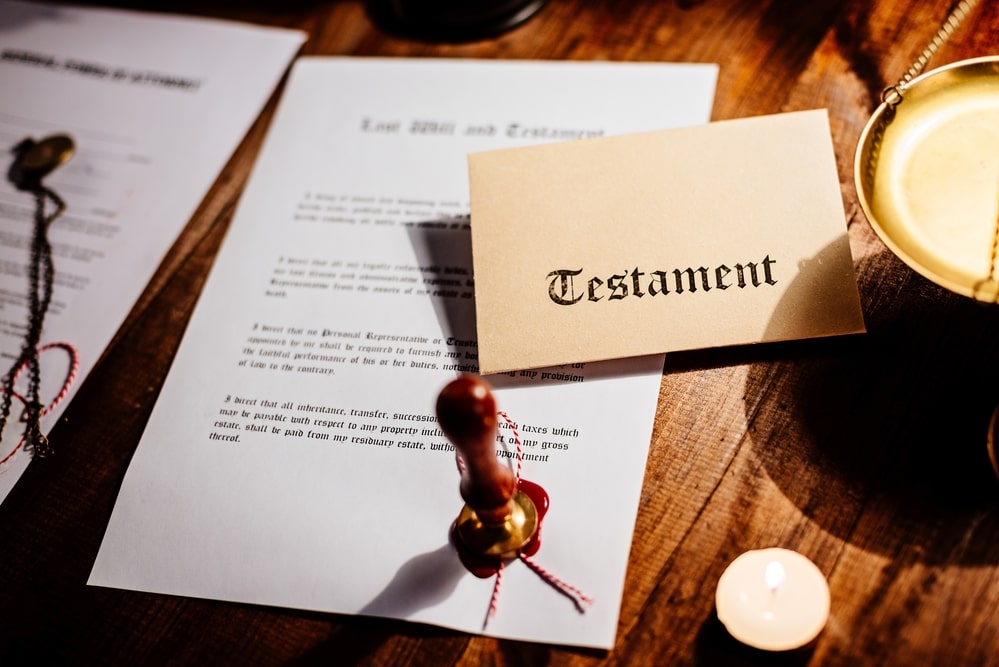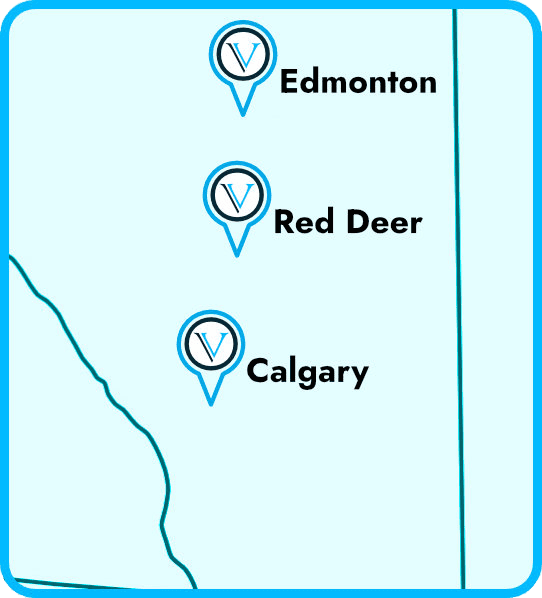
Executors and Settling an Estate in Alberta
Anyone appointed as a personal representative in Alberta is taking on a considerable task and responsibility.
A personal representative (also known as “executor” or “executrix”) is named in a will as the individual responsible for settling an estate, i.e., disposing of the assets of a deceased person in accordance with his or her final wishes.
While no two estates are the same, many executors face similar challenges: for instance, they must be patient while court and administrative processes are navigated before an estate can finally be settled. They must also act responsibly and take the necessary actions on behalf of beneficiaries.
How long does this process normally take — and are there deadlines by which estates must be settled in Alberta?
What are the responsibilities of an executor in Alberta?
An executor must act according to the wishes specified in the Last Will and Testament of the deceased individual. He/she is responsible for ensuring that assets in the estate are transferred to the rightful beneficiaries.
The executor’s responsibilities are set out in the Estate Administration Act of Alberta.
After arranging the funeral, the responsibilities typically include the following:
- Locating the original copy of the Last Will and Testament
- Identifying, collecting and preserving the estate’s assets
- Probating the will (which is generally necessary for Alberta unless the estate is very small)
- Advertising the testator’s death to inform potential creditors
- Paying any debts and taxes owed by the estate
- Distributing the estate to beneficiaries
- Accounting for the administration and distribution of the estate
There is no deadline for settling an estate in Alberta. This would be impractical because every estate is different. Some are relatively straightforward to administer and others are highly complex with a vast array of assets to manage.
The executor does, however, have a responsibility to act promptly on behalf of the beneficiaries, i.e., to distribute the estate as soon as practicable.
Most beneficiaries want to receive their inheritance as soon as possible. Therefore, unnecessary delays or hesitation to transfer assets once court approval has been granted can create legal challenges and other issues for the executor.
As a general guideline, therefore, an estate should be distributed to the beneficiaries within a year of probate being granted.
Which issues affect the time it takes to settle an estate in Alberta?
The main issue affecting the time it takes an executor to settle an estate in Alberta is the size and complexity of the estate.
For estates with many assets and liabilities, more work is required by the executor and more patience may be needed by beneficiaries.
The most complex estates may require the following:
- Probating of the will, which can take several months
- Settling of disputes among beneficiaries (potentially involving litigation)
- Defending an estate from litigation by a creditor
- Time to liquidate assets (e.g., selling properties or a business)
- The creation or dissolution of one or more trusts
The above issues can prolong the time it takes to settle an estate by months or even years, in the most complex cases involving litigation.
The executor must do his/her best to limit the time it takes and many issues may be beyond his/her immediate control.
When does a will require probate in Alberta?
Probate is the most common reason for delays in distributing an estate in Alberta.
This is the court process by which a will is validated as the latest version and an executor receives the court’s authority to proceed with settling an estate. If the deceased individual died without a will (intestate), the province’s intestacy laws come into play and an administrator will be appointed to execute the estate.
The majority of financial institutions and land title offices will not transfer property or funds until probate has been completed. This includes almost all assets solely owned by the deceased, including real estate, bank accounts, investment accounts, vehicles, collections, and so on. Most life insurance policies with a named beneficiary are, however, exempt from probate.
The probate process creates some unavoidable delays in distributing the estate and can impact when and how heirs can take possession of the inherited property.
How much does it cost to probate a will in Alberta?
Court fees to probate a will in Alberta are usually paid from the estate and depend on the value of the estate:
| Estate Value | Court Fees |
|---|---|
| Under $10,000 | $35 |
| $10,001 to $25,000 | $135 |
| $25,001 to $125,000 | $275 |
| $126,000 to $250,000 | $400 |
| $250,001 or more | $525 |
Your legal fees for hiring a probate lawyer will be in addition to these probate fees.
How long does it take to settle an estate after probate is granted in Alberta?
If the court is satisfied with the validity of the will and the executor’s legal right to settle the estate, a grant of probate will be issued.
The executor is then responsible for contacting the relevant financial institutions, paying debts, writing checks or transferring title to beneficiaries, liquidating properties, paying taxes and creditors, and so on.
Theoretically, this can be done immediately after the grant of probate is issued but, in reality, it also takes time due to the internal administrative processes of the institutions involved.
How much time it takes to settle the estate after probate will depend partly on the skills and availability of the executor to look after these tasks in a timely and efficient manner as well as the internal processes of the financial institutions.
Executors must tread carefully when administering an estate because they can be held personally liable for mismanagement of assets and other issues. Unnecessary delays may also be challenged by beneficiaries and lead to disputes where the executor may need to show cause for the delays to the court.
If you have been named as an executor of a will, an initial consultation with one of the Vest Estate Planning probate lawyers can provide the legal assistance you need to help prevent delays and disputes.

We currently have three offices across Alberta — Edmonton, Calgary, and Red Deer. However, we serve the entire province of Alberta. We also have the infrastructure to work with any of our clients virtually — even the furthest regions of Alberta.
Call us toll-free at 1-877-448-3131 to get routed to the best office for you or contact us online to schedule an appointment.
We also have a dedicated intake form to help you get the ball rolling. Our intake team will review your specific case and advise you on the next steps to take and what to expect moving forward.
Our offices are generally open 8:30 a.m.—5:00 p.m., Mon—Fri.


Lauren Eckstein
WILLS and ESTATES LAWYER
Lauren has focused her practice on Wills and Estates, including Adult Guardianship and Trusteeship matters. She offers comprehensive legal services in trust and estate planning, estate administration, and estate litigation.

